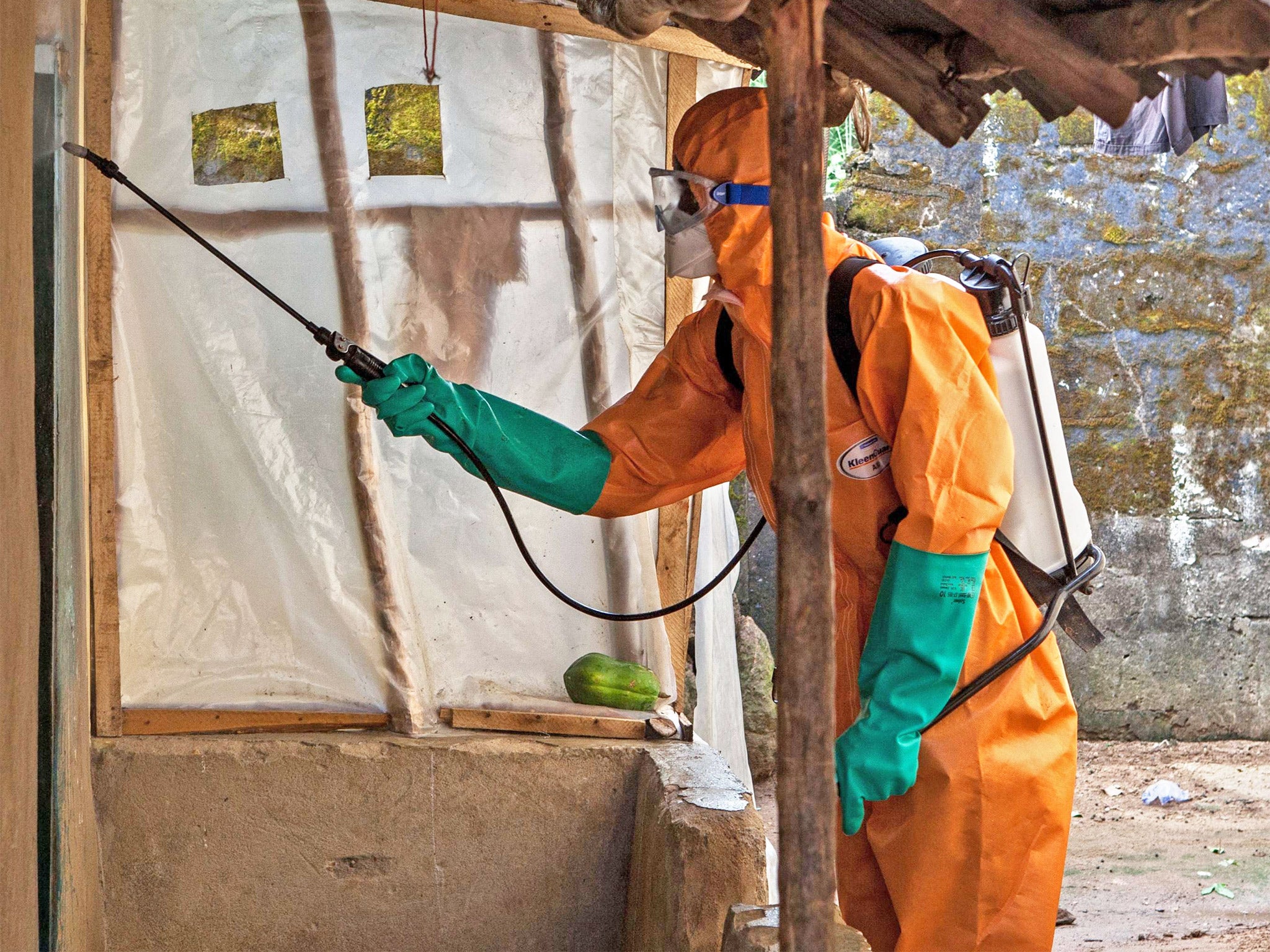Ebola outbreak: Charities in despair as airlines refuse to land in West Africa
No-fly decisions are causing logistical problems

Your support helps us to tell the story
From reproductive rights to climate change to Big Tech, The Independent is on the ground when the story is developing. Whether it's investigating the financials of Elon Musk's pro-Trump PAC or producing our latest documentary, 'The A Word', which shines a light on the American women fighting for reproductive rights, we know how important it is to parse out the facts from the messaging.
At such a critical moment in US history, we need reporters on the ground. Your donation allows us to keep sending journalists to speak to both sides of the story.
The Independent is trusted by Americans across the entire political spectrum. And unlike many other quality news outlets, we choose not to lock Americans out of our reporting and analysis with paywalls. We believe quality journalism should be available to everyone, paid for by those who can afford it.
Your support makes all the difference.No-fly decisions by airlines are causing logistical problems that threaten to deepen the impact of the Ebola crisis, according to charities desperate to get personnel and equipment to West Africa.
A Save the Children spokesperson told The Independent: “The main way to defeat the spread of Ebola is to make sure that we can get health workers into the region because they’re not going to have enough capability in these countries themselves. Transportation routes, including flights, need to be maintained to ensure health professionals get access to the affected countries.”
Wednesday’s arrivals screen at Lungi International Airport outside Freetown in Sierra Leone displayed the extent of the problem. Two flights, from Lagos and Banjul, were shown as being operated by Arik Air - though that airline, based in Nigeria, had abandoned flights to Freetown in July. Another arrival, from Accra on Eagle Atlantic Airlines, was also a ghost flight: “We do not have the necessary data sources to detect the arrival or departure of this flight,” reported FlightStats.com.
Three further flights were shown as arriving on time, but only one aircraft actually touched down, the early evening arrival from Conakry in Guinea operated by Brussels Airlines. The Belgian flight also carries the code of Lufthansa and United, which explains why three flights are listed.
The next arrival, from Brussels, is not expected until Sunday. Aid workers aboard the Airbus A330 will be flying with tickets bought at premium prices: the cheapest Heathrow-Brussels-Freetown fare for Sunday is £1,251, for a journey of just over 3,000 miles.
British Airways suspended flights to Sierra Leone and Liberia in August, citing “concerns about the public health situation in both countries”. The airline previously flew from Heathrow to both Freetown and Liberia four times a week.
Read more: BRITAIN SENDS 750 SOLDIERS AND MEDICS TO WESTERN AFRICA
TEXAS SHERIFF'S DEPUTY RUSHED TO HOSPITAL AMID EBOLA FEARS
FIRST US EBOLA VICTIM THOMAS ERIC DUNCAN DIES
SPANISH MEDICS AND UNION BLAME CUTS FOR ESCAPE OF VIRUS
MINI-RIOT AS SPANISH AUTHORITIES SEIZE NURSE'S PET DOG
Air France ended its flights to Freetown at the same time, after staff expressed unhappiness about flying to areas infected with Ebola.
Roberts International Airport, east of the Liberian capital, Monrovia, has almost shut down.
NGOs rely on commercial airlines during emergencies, both to carry medical staff to the affected region and to provide cargo space for essential equipment.
Flights from Europe to Ghana and Nigeria continue to operate as normal, but overland movement of people and equipment from Accra and Lagos to the Ebola-affected nations is fraught with problems.
In a separate development, the Foreign Office issued fresh travel advice to Uganda warning of the death of a health worker from Marburg virus - a haemorrhagic fever with a high mortality rate. The victim had been working at a hospital in Kampala. The FCO bulletin said: “Other suspected cases are being investigated.”
Join our commenting forum
Join thought-provoking conversations, follow other Independent readers and see their replies
Comments